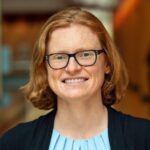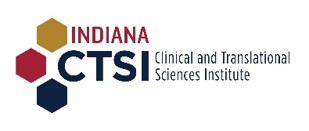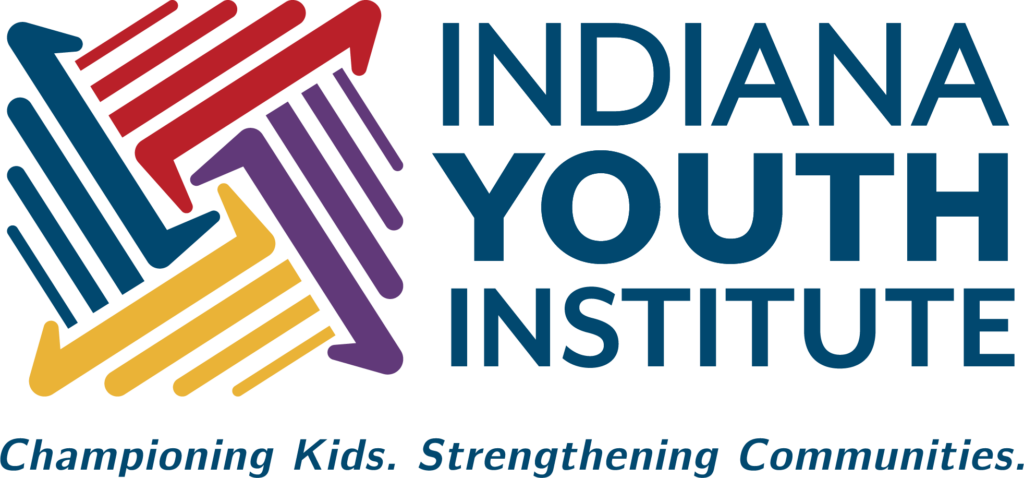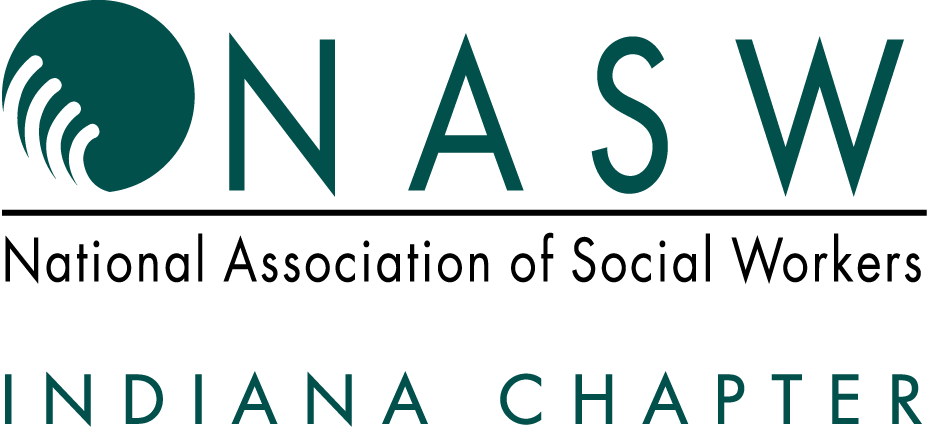Growing the Labor Force in the Post-COVID Era
#24
Wednesday, December 8, 2021
Download the Full Report (pdf)
View the Recording
The Great Resignation’ is changing the shape of the American labor force. Workers are leaving jobs in record numbers, some are leaving the labor force entirely, and some have not yet returned after having left during the pandemic. What explains these labor force dynamics, and what strategies could state policymakers use to maximize the size and quality of Indiana’s labor force?
Family Impact Seminars share recent evidence and useful policy strategies in a nonpartisan setting to allow open dialogue to find common ground on policy and programs that affect Hoosier families for the upcoming legislative session.
Research, materials, policies, or statements of any kind developed by or communicated in association with the “Center for Families” or the “Family Impact Seminars” are not the official policies or positions of Purdue University and should not be characterized as such.
Growing the Labor Force in the Post-COVID Era – Parts 1 & 2

Timothy Bond, PhD
Associate Professor of Economics, Purdue Research Center in Economics, Purdue University
View the presentation
Download Slides
Dr. Timothy Bond is an Associate Professor of Economics at Krannert and is the Director of Undergraduate Programs in the Department of Economics. He is also a Purdue University Research Center in Economics (PURCE) faculty affiliate, and a research associate with the Institute of Labor Economics (IZA). His research interests include labor economics, organizational economics, and the economics of education. He has published in numerous top research journals including the Journal of Political Economy, Review of Economics and Statistics, and American Economic Journal: Economic Policy. His recent work has focused on issues ranging from the impact of Japanese trade on racial disparities in the 1970s and 80s to food scarcity induced by SNAP disbursements influence on SAT performance
Historic Crisis, Historic Opportunity: COVID-19 and Child Care

Christina Weiland, PhD
Co-director, Education Policy Initiative; Associate Professor of Education; Associate Professor of Public Policy, University of Michigan
View the presentation
Download slides
Dr. Christina Weiland is an associate professor at the University of Michigan, where she co-directs the Education Policy Initiative. Her research focuses on the effects of early childhood interventions and public policies on children’s development, especially on children from families with low incomes. Her research is characterized by strong, long-standing research collaborations with policymakers and practitioners, particularly the Boston Public Schools Department of Early Childhood. In recent years, she has engaged with multiple states on policy visions for improving early care and education options in their contexts.

Erica Greenberg, PhD
Senior Research Associate, Center on Education Data and Policy, The Urban Institute
View the presentation
Download slides
Dr. Erica Greenberg is a senior research associate in the Center on Education Data and Policy at the Urban Institute. Her work seeks to advance opportunity among children and families with timely evidence and useful policy strategies. She has been engaged in pandemic response research with the Rapid Assessment of Pandemic Impact on Development (RAPID)—Early Childhood and, most recently, the Georgia Department of Early Care and Learning. Her past and ongoing research partners also include the Oklahoma Partnership for School Readiness, the District of Columbia Office of the State Superintendent of Education, and the Maine Department of Education.
2021 SEMINAR LEGISLATIVE ADVISORY COMMITTEE:
Sen. Vaneta Becker
Sen. Jean Breaux
Rep. Tony Cook
Rep. Dale DeVon
Sen. Jon Ford
Sen. Erin Houchin
Rep. Sheila Klinker
Sen. Dennis Kruse
Sen. Jean Leising
Sen. Fady Qaddoura
Rep. Vanessa Summers
Rep. Jeff Thompson
Rep. Ann Vermilion
Sen. Shelli Yoder
2021 Indiana Consortium of Family Organizations








The Indiana Family Impact Seminars provide objective, high-quality research on family issues to (a) build greater respect for and use of research in policy decisions; (b) encourage policymakers to examine policies and programs through the lens of family impacts; and (c) provide neutral, nonpartisan opportunities for legislators to engage in open dialogue for fostering relationships and finding common ground.